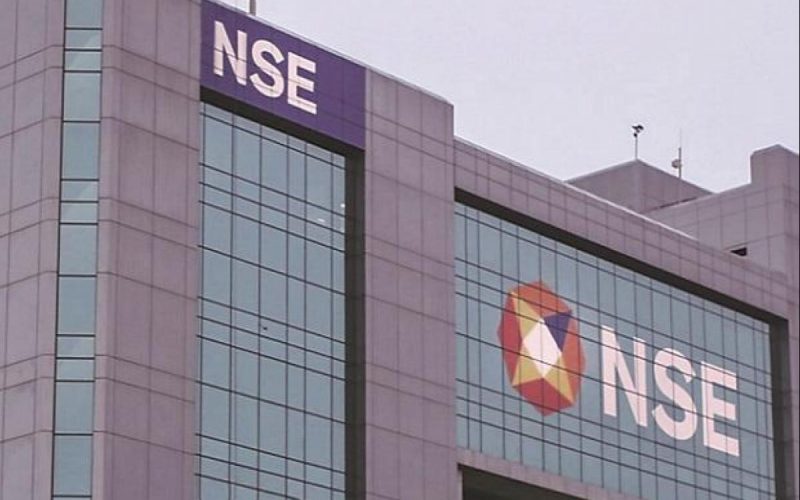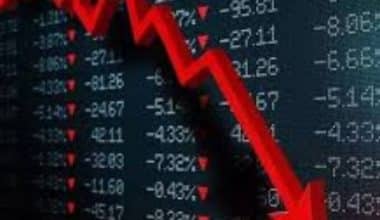As the number of Indian retail investors continues to expand at an exponential rate, the listing structure for depository receipts (as outlined in the IFSCA circular) is timely.
As a result of recent changes to the RBI’s Liberalized Remittance Scheme (LRS), residents of India may now send up to $250,000 to IFSCs established in India for investments in IFSCs in securities, other than those issued by entities/companies that are not residents of India.
Unsponsored depositary receipts (DR) trading in certain US equities would be made possible via the NSE IFSC, according to a press release issued on August 9, 2021. The IFSCA’s regulatory sandbox has been used by the NSE IFSC to propose this concept.
How Does IFSC Work?
The International Financial Services Commission, or IFSC, is a government institution in Belize tasked with overseeing the country’s financial sector.
The International Financial Services Commission Act (IFSCA) allowed for the creation of this organization in 1999, and it now comprises members from a wide range of industries (both public and private).
There is a self-regulation of the IFSC Belize, and the government has implemented comprehensive criteria. When it comes to monitoring and complying with regulations, the government expects a lot of real work to be done by the industry itself.
Participation in the market, exchanges, and settlement, and enforcement of financial regulations are the IFSC’s primary roles. It is a very popular trading option because many forex brokers online are licensed by the International Financial Services Commission. In addition to that, IFSC regulated forex brokers are controlled by the mentioned company every year, in order to protect investors and traders from malpractice. Belize’s Financial Services Commission (IFSC) provides a wide range of services, including mutual funds, international insurance, trusts, and International Business Companies (IBCs), to the offshore sector (IBCs).
In addition, IFSC Belize issues licensing requirements for all of Belize’s foreign financial service companies. In order to ensure that the correct people are in charge of providing or exchanging international financial services in or out of the country, IFSC has implemented an extensive licensing procedure.
The International Financial Services Commission (IFSC) is currently creating a legislative code of conduct for all financial service companies operating on international platforms. The legislative code will guarantee that all financial service providers adhere to internationally recognized best practices. Application is $500, while the yearly licensing charge is $2500.
IFSC And Unsponsored DRs
Sponsored and unsponsored Direct Repurchase Agreements (DRAs) are distinguished by the extent to which the issuers of the underlying securities are involved. To sponsor a DR Program, the issuer company must sign an agreement with the bank. Unsponsored programs can be offered by the banks based on market demand or upon request from a broker-dealer.
The IFSCA circular has specific criteria that must be met in order to make a public offering of unsponsored DRs. This means that the IFSCA public offer route may not be the best way to trade such DRs. If the depository bank can convince the issuer of the underlying security to apply for a listing under the IFSCA Circular, then such DRs will be allowed to be listed. The “permitted trade framework” under IFSCA Circular allows depository banks to allow trading on DRs listed on a stock market in India or a foreign country provided that such trading is compliant with local laws and regulations, and cleared and settled trades are guaranteed by the stock exchange. The Chapter VII of the IFSCA circular, IFSCA Chapter VII, allows the ‘permitted trade’ framework to be used at the IFSC stock exchanges until December 31, 2023.
Institutional investors primarily trade unsponsored DRs over the counter. These DRs are regarded as inappropriate for individual investors since they do not come with an endorsement from the issuer of the underlying securities and because they are subjected to low disclosure requirements. OTC-trading unsponsored DR programs must be registered with the SEC. Or they will be eligible for the 12g3-2b exemption. This allows non-US companies to avoid registration if they meet certain criteria such as being listed elsewhere or publishing shareholder communications on their website. This exemption only applies to non-US companies. Hong Kong, on the other hand, requires that all DRs be sponsored in order to be listed on the HKEX. A few countries require DRs to go through a listing process that requires issuer businesses to meet prospectus and disclosure standards, even while no clear distinction is made between requirements for sponsored and unsponsored DRs.
To summarize, individual investors’ access to unsponsored DRs is restricted by either listing restrictions or making them accessible only via OTC marketplaces. Circular IFSCA allows DRs not to be listed, thereby minimizing cross-listing burdens on issuing businesses. DRs can also be traded without listing in the ‘permitted trade’ framework. This allows DRs without a public offering to be exchanged.
It is important to note, however, that even after these rules have been implemented, issuer businesses must still be involved and participate in order for DRs to be traded inside the IFSCA framework. The regulatory sandbox, on the other hand, may create a mechanism to ease these remaining requirements for issuer corporations, and alternative duties for depository institutions to follow. In light of NSE IFSC’s unsponsored DR program, it would be fascinating to observe how the regulatory sandbox may handle financing for such transactions.
The regulatory sandbox’s structure for trading unsponsored DRs and financing such transactions under the LRS might offer further motivation for ordinary investors looking for new ways to invest and engage money, in addition to overseas investors.
Which Brokers Are Registered With NSE Ifsc?
Several well-known brokers are registered with NSE IFSC, including Anand Rathi, Emkay, HDFC, Motilal Oswal, and SMC Global. However, some well-known brokers, such as Zerodha and Upstox, have yet to register with the international exchange.
Who Is the Issuer of NSE Ifsc Receipts?
The NSE IFSC Receipts Custodian will issue and produce the NSE IFSC Receipts based on the Underlying Shares deposit received by the U.S. Custodian. The Underlying Shares shall be held by the US Custodian in accordance with the directions of the NSE IFSC Receipts Custodian.
What Is a NSE Ifsc Depository Receipt?
NSE IFSC Receipts are a first-of-its-kind product offering to Indian Retail Investors, allowing them to diversify their investment in top-performing global economies.






